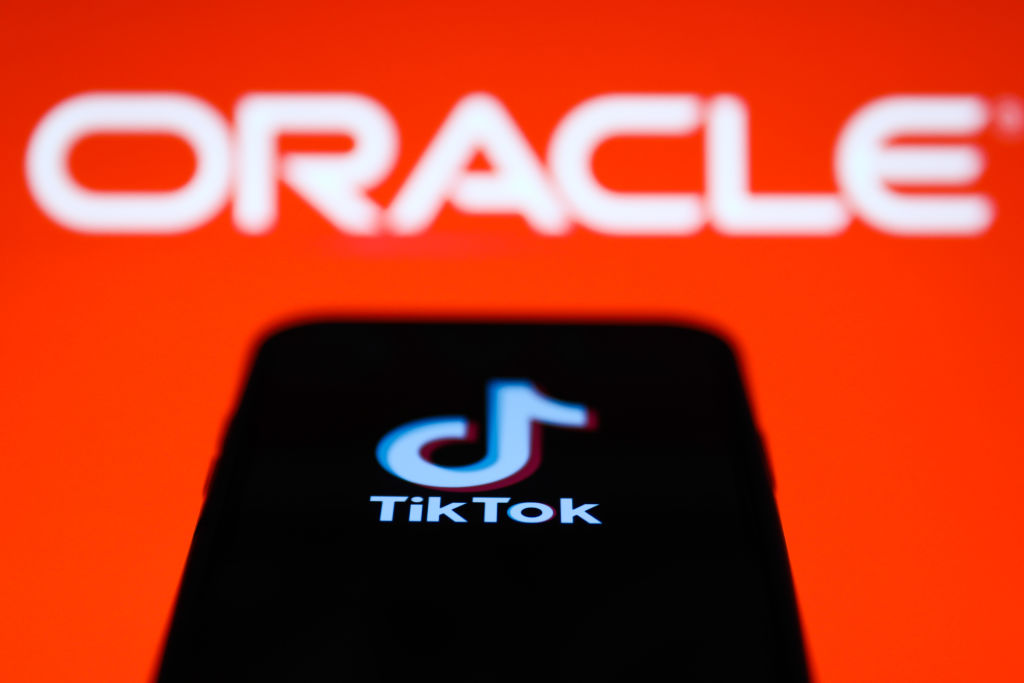In a landmark development reshaping the future of one of the world’s most influential social media platforms, a consortium led by Oracle Corporation and private equity firm Silver Lake is set to acquire an 80% stake in TikTok’s U.S. operations. The deal, which also includes participation from venture capital firm Andreessen Horowitz and other American investors, is the latest response to growing national security concerns and regulatory pressures over foreign ownership of data-driven digital platforms.
This move comes amid mounting efforts by the United States government to enforce stricter controls on the domestic operations of companies owned by entities from countries deemed strategic adversaries. TikTok, a subsidiary of Beijing-based ByteDance, has long been at the center of scrutiny over its data privacy practices and the potential influence of the Chinese government on its operations. The planned restructuring of TikTok’s U.S. operations marks an effort to resolve those concerns while preserving the app’s widespread popularity and business viability in the American market.
Deal Structure and Governance
Under the proposed agreement, TikTok’s U.S. business will be spun off into a newly formed company headquartered in the United States. The Oracle-Silver Lake consortium will control approximately 80% of the new entity’s ownership, while ByteDance and its affiliated shareholders will retain a minority stake. The board of the newly formed company will consist predominantly of American executives and independent directors, with at least one member appointed in consultation with the U.S. government.
The deal will also put Oracle in charge of managing all U.S. user data, which will be hosted exclusively on Oracle’s cloud infrastructure. The company has pledged to create a “firewall” between U.S. data and foreign systems, a move designed to prevent unauthorized access and ensure compliance with American data protection laws. This responsibility includes full oversight of TikTok’s backend systems, algorithm integrity, and content moderation processes within the U.S.
Algorithm and Data Separation
As part of the restructuring, TikTok is expected to roll out a newly developed version of its app for the U.S. market. This version, currently in advanced stages of testing, will operate independently of the main international app and is expected to run on a modified algorithm developed in partnership with U.S. engineers and overseen by American regulators. The algorithmic separation aims to reduce the risk of foreign influence over the platform’s powerful recommendation engine, which has been criticized for its opaque content curation practices and potential for political manipulation.
Additionally, all historical and future data from U.S. users will be transitioned to Oracle’s domestic servers. ByteDance will no longer have operational access to this data or the systems processing it. The company has agreed to undergo regular compliance audits, and a third-party oversight mechanism will be implemented to monitor adherence to the data separation agreement.

Political and Legal Implications
The acquisition deal comes in the wake of legislative and executive pressure to divest TikTok’s U.S. business from Chinese ownership. A law passed in 2024 required any platform deemed to pose a national security risk to restructure or face a complete ban. TikTok was granted a deadline extension to December 16, 2025, to comply. The Oracle-led agreement is widely viewed as a last-minute attempt to avoid a full ban of the platform, which boasts over 170 million active users in the U.S.
While the deal is likely to be welcomed by many lawmakers and national security officials, it is not without controversy. Some critics argue that ByteDance’s remaining minority ownership still leaves room for undue influence. Others question whether technical oversight and algorithmic independence can be effectively enforced, especially given the global and rapidly evolving nature of software development.
Still, supporters of the deal argue that it strikes a reasonable balance between protecting national security and preserving user choice. A full ban on TikTok could have sparked backlash from the app’s vast user base and raised concerns over censorship and economic retaliation from China. By transferring operational control, the new arrangement seeks to maintain continuity of service while addressing the primary concerns of U.S. regulators.
Business and Market Impact
The new ownership structure could also reshape TikTok’s business model in the U.S. Under American management, the company is expected to expand its advertising partnerships, explore integration with other U.S. tech platforms, and deepen its e-commerce capabilities. Oracle, traditionally known for its enterprise software and cloud services, stands to gain significantly in brand equity and market influence by becoming the data custodian of one of the world’s largest social platforms.
For Silver Lake and other investment firms involved, the deal offers a strategic foothold in the social media space, with potential long-term returns as TikTok continues to grow its influence across entertainment, marketing, and online commerce.
Looking Ahead
Final approval of the deal will depend on regulatory clearance in both the United States and China. ByteDance is expected to navigate its own government’s restrictions on technology exports and foreign spin-offs, particularly concerning the recommendation algorithm that powers TikTok’s addictive user experience.

Negotiations are reportedly ongoing, and while the framework of the deal has been agreed upon, key details such as intellectual property licensing, algorithm governance, and content moderation rules remain under discussion.
If successful, the Oracle-Silver Lake acquisition of TikTok U.S. could set a precedent for how governments and tech companies resolve the increasingly complex interplay of data sovereignty, national security, and global innovation. The outcome will not only determine TikTok’s future in the United States but could influence the broader landscape of international tech regulation in the years to come.











